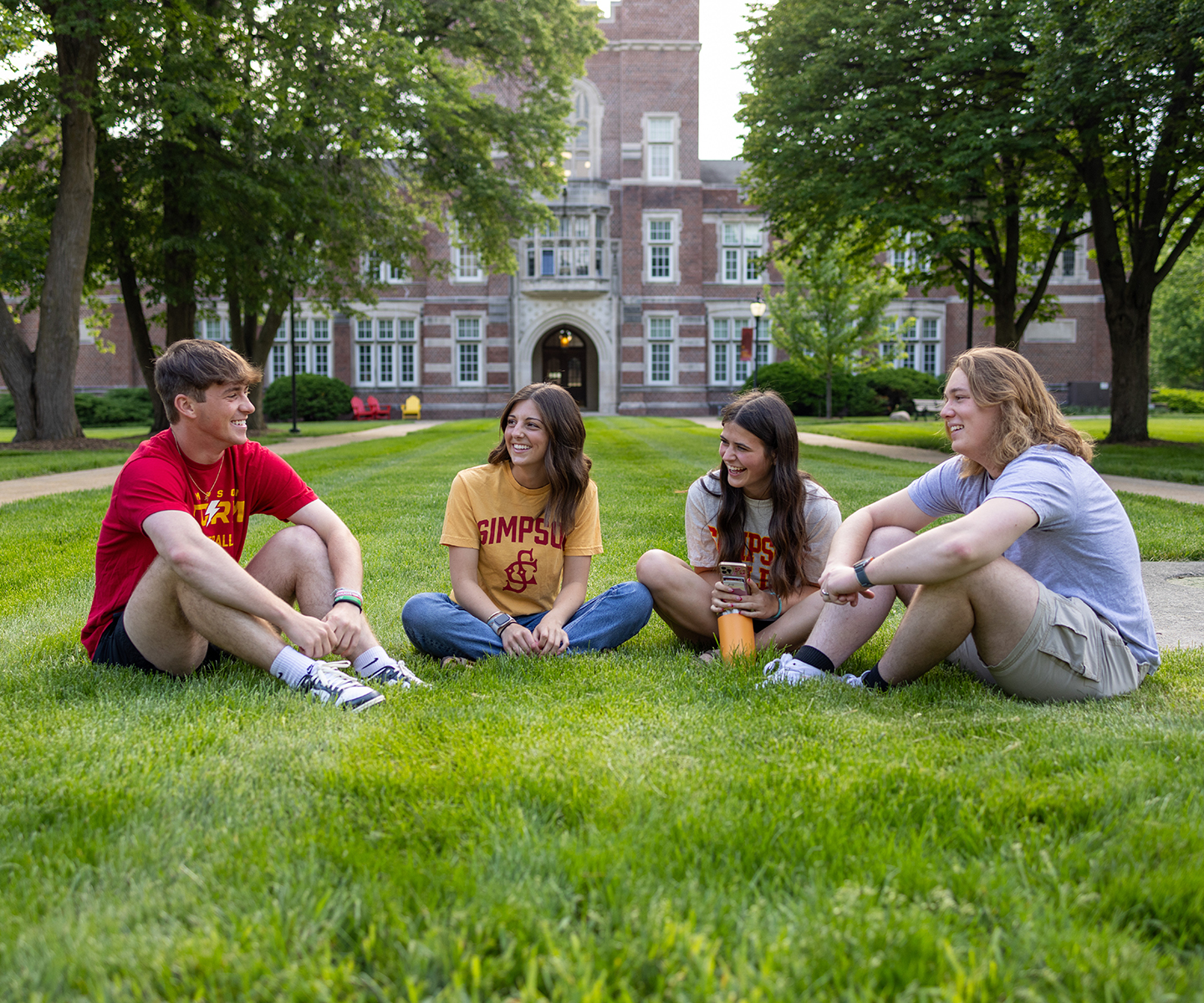Undergraduate
Pre-Engineering
A pathway to a degree in engineering.
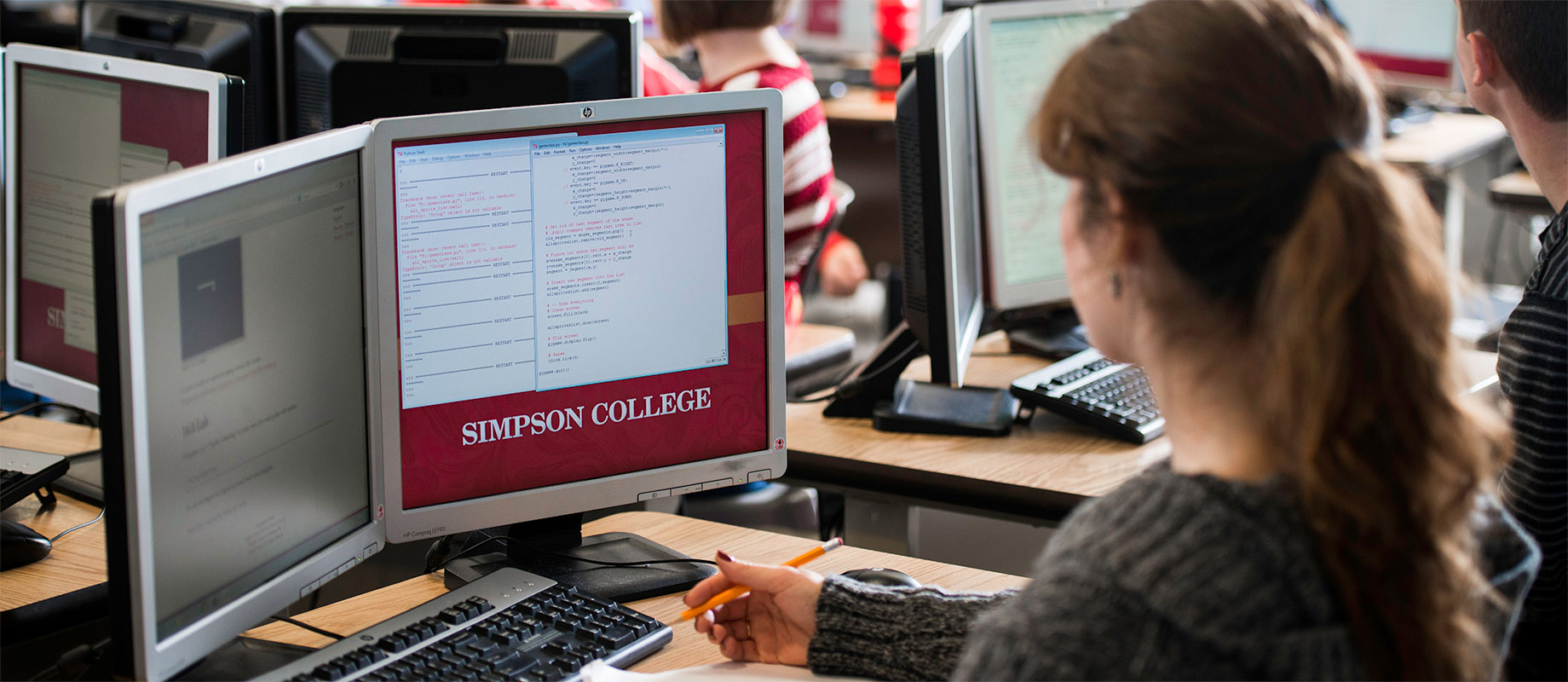
Pre-Engineering
Simpson currently has dual-degree transfer agreements with three highly rated engineering schools: Iowa State University in Ames, the Institute of Technology (University of Minnesota) in Minneapolis, and Washington University in St. Louis.
The Dual-Degree program begins with a strong, small college liberal arts foundation, followed by specialized training at a larger engineering institution. Students in this program typically follow a 3-2 schedule: three years at Simpson College and two years at an engineering school. (For some programs, the engineering requirements may take longer.)
A B.A. degree from Simpson College may be received after the fourth year by transferring back to Simpson for up to 32 hours of coursework from the first year of engineering school.
After completing the engineering school’s requirements, students receive a B.S. degree in engineering. Although any Simpson major may be pursued in this program, students typically choose a science discipline closely related to their interest in engineering, such as chemistry, computer science, math, or physics.
Because of the time constraint of a 3-2 schedule, electives for a Simpson major may sometimes be satisfied by related engineering courses included in the 32 hours transferred back from the engineering school. Students must plan a program with the respective Simpson department offering the major.
A special Physics-Engineering major is available for students interested in physics. As an alternative to the 3-2 schedule outlined above, many students opt for a 4-2 transfer schedule. In this case, all of the Simpson College requirements for the B.A. degree are completed before transferring, along with any other preparatory science and math courses required by the engineering school.
In a few cases, a 3-3 or 4-2 transfer schedule leading to a Master’s Degree in engineering is available.
Why Simpson College for Pre-Engineering?
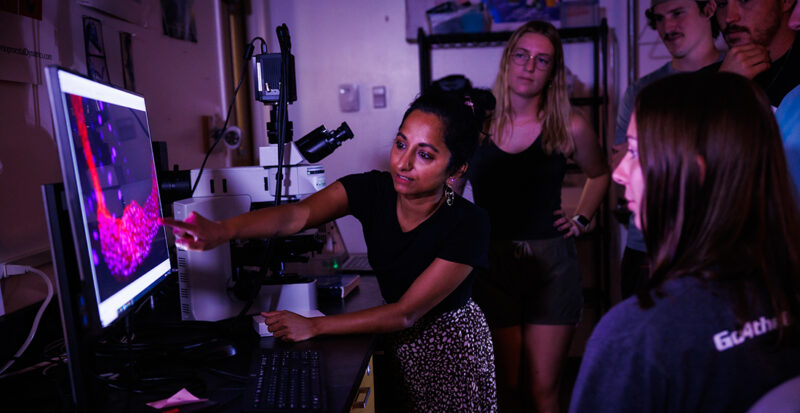
What Will I Learn?
You’ll receive a well-rounded liberal arts education from Simpson, followed by a specialized field of study at universities such as Iowa State or Washington University in St. Louis. The courses you will take will depend on which graduate school you’d eventually like to attend.
Need assistance? Contact us!
- lindsay.ditzler@simpson.edu
- 515-961-1821
- Carver Science Center
- Monday - Friday, 8 a.m. - 4:30 p.m.
Meet Our Faculty
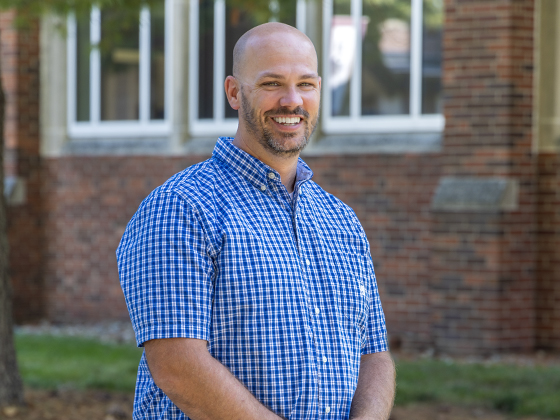
Adam Brustkern
- Professor, Department of Chemistry and Physics
- Division Head
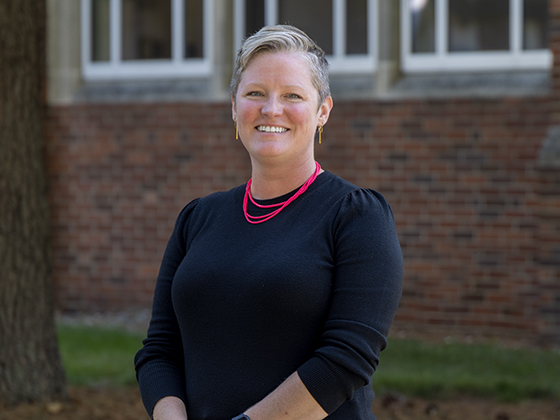
Lindsay Ditzler
- Co-Department Chair of Chemistry/Physics
- Associate Professor of Chemistry/Physics
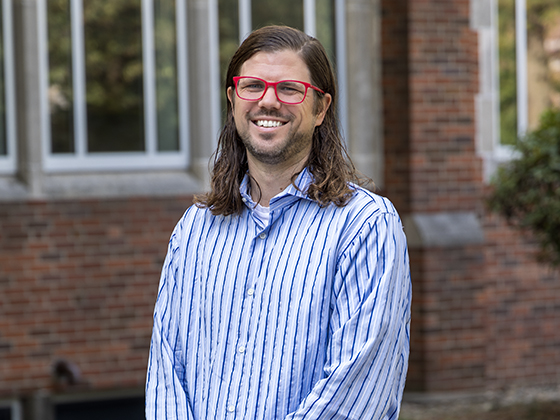
Derek Lyons
- Associate Professor of Chemistry and Physics

